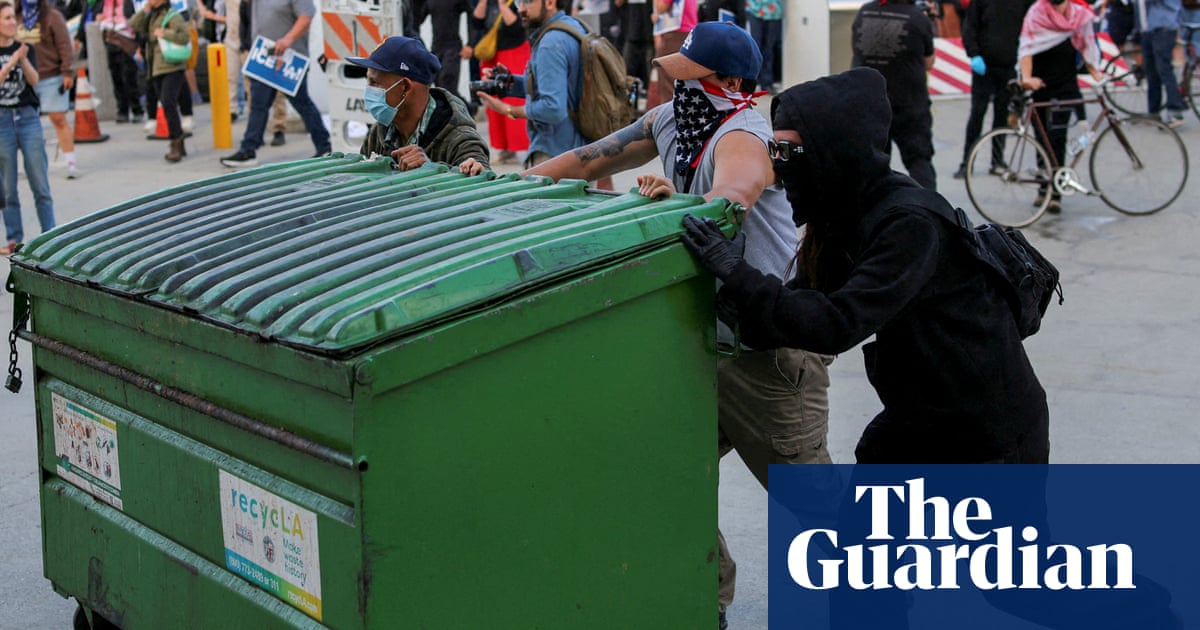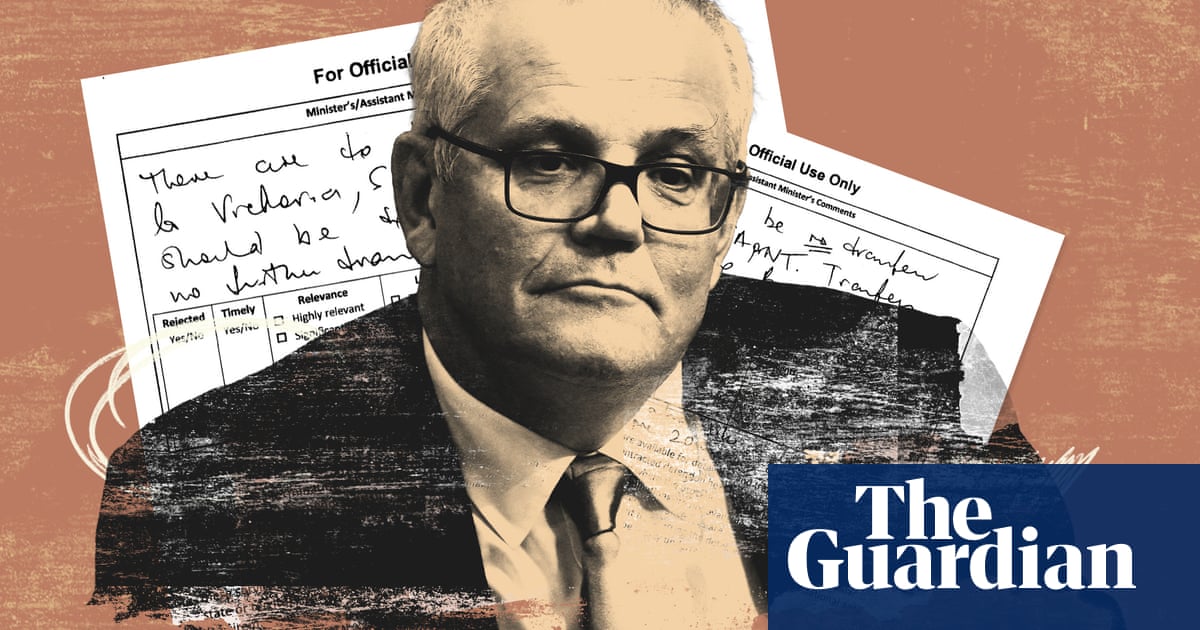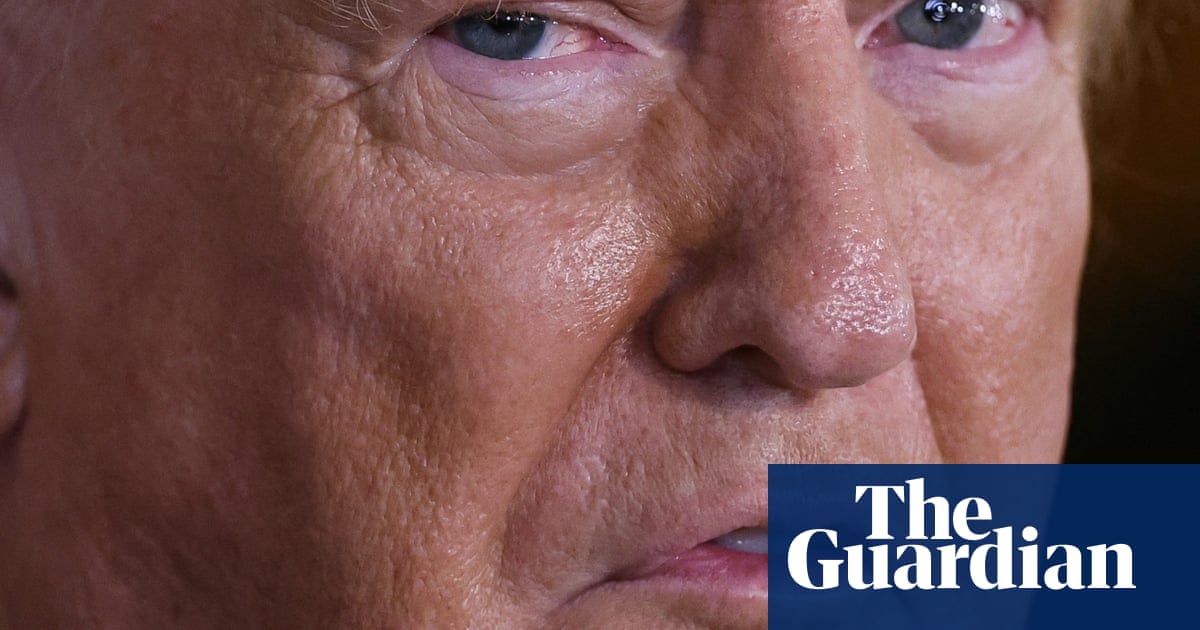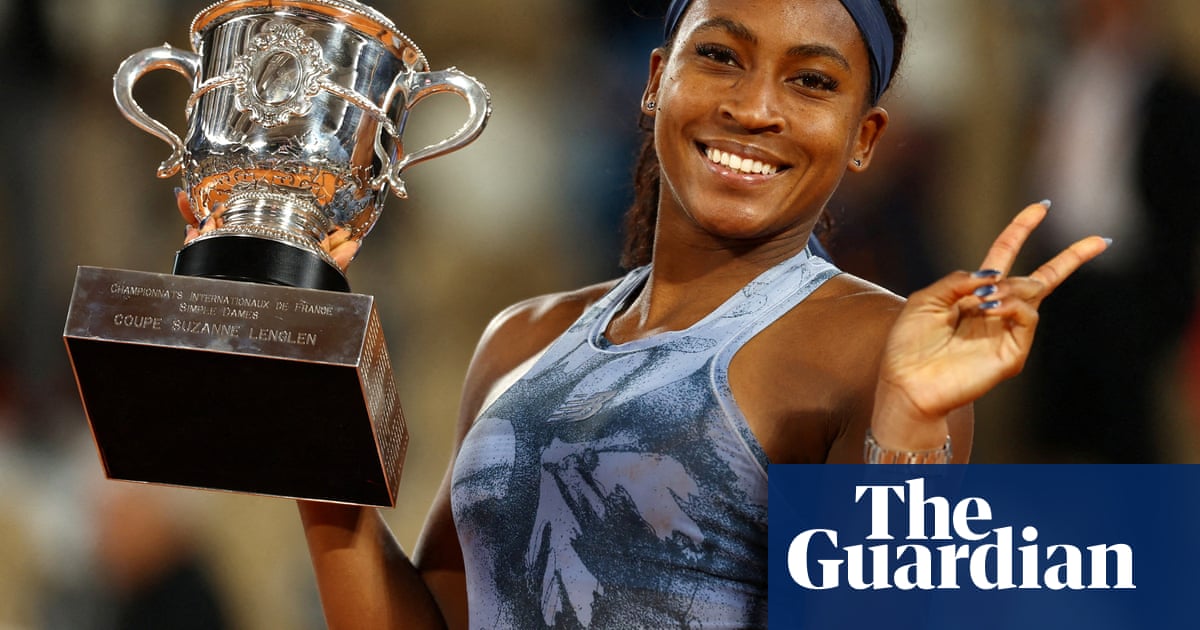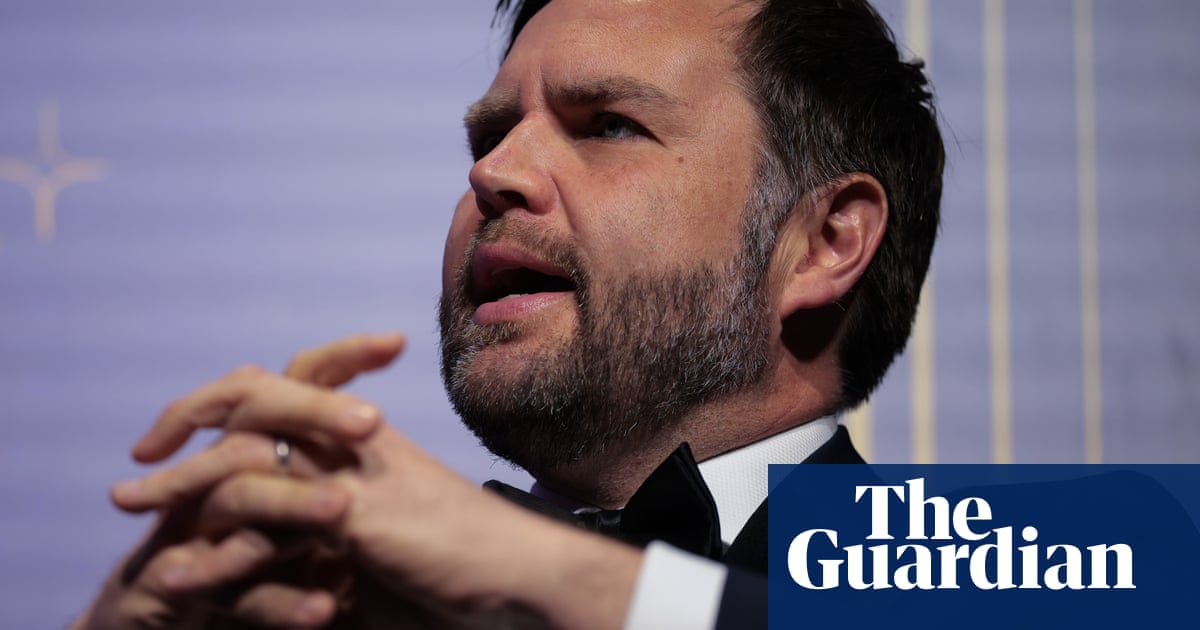Ministers have declined to restate their election pledge to ban the importation of foie gras in response to claims that a proposed “reset” with the EU will make it impossible.
Negotiations with Brussels over a veterinary agreement to reduce the need for border checks on agricultural products are due to start in May with the aim of boosting economic growth.
Animal rights groups said they were concerned that such a deal, involving the mutual recognition of standards, would prevent the UK government from banning the importation of foie gras from suppliers in France and elsewhere.
Before the election the environment secretary, Steve Reed, said Labour would “ban the commercial import of foie gras, where ducks and geese are aggressively force-fed”.
Foie gras is made by a process known as gavage, in which grain is poured into a funnel that has been forced down a bird’s neck. The process swells the animal’s liver to many times its normal size.

Asked whether the government was still committed to a ban on importing foie gras in light of a potential veterinary agreement with the EU, a spokesperson for the Department for Environment and Rural Affairs said: “We won’t be commenting on this one.”
Abigail Penny, the executive director of Animal Equality UK, said: “Every year, millions of terrified ducks and geese endure unbearable suffering for foie gras, force-fed until their livers swell to the size of a small football.
“Steve Reed MP has personally condemned this cruelty, promising an end to UK imports of this abhorrent product, yet progress has been disappointingly slow.
“Any action that risks or restricts an outright ban on foie gras imports would fly in the face of the Labour party’s electoral promise and insult the animal-loving people across the UK. We expect this commitment to be upheld.”
Mandy Carter, the co-executive director of Animal Policy International, a charity focused on trade and animal welfare policy, said a U-turn by the government would be a “betrayal”.
She said: “Labour has already pledged to ban foie gras imports – a promise that could be impossible to keep under a strict EU veterinary agreement. Without specific protections in the agreement, we risk undoing decades of progress on animal welfare.
“Foie gras imports betray British values of compassion. It’s simple - we should not be importing products that don’t meet UK values or our production standards.”
after newsletter promotion
Production of foie gras has been banned in the UK since 2006, but about 180 tonnes of the delicacy are imported from Europe each year.
The Conservative government had planned to use its “Brexit freedoms” to bring an end to the trade. An outright ban had been impossible under EU single-market rules.
The proposal was shelved during the brief premiership of Liz Truss in the face of opposition from cabinet ministers, including Jacob Rees-Mogg.
Sam Lowe, a leading European trade expert at the Flint Global consultancy, said he was never convinced the government would follow through on its proposed ban.
He said any prohibition today would probably face an objection from France at the World Trade Organisation, and a veterinary agreement would complicate matters.
“I think it would probably be an issue for a veterinary agreement in that while you could obviously negotiate a carve-out, the French would probably kick off. But I am not convinced the government would ban it anyway.”

 3 months ago
46
3 months ago
46

